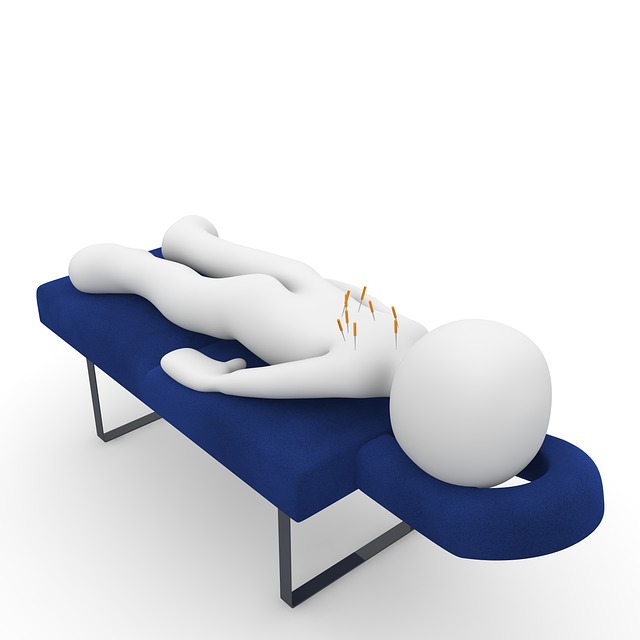Hot therapy, including steam treatments and targeted hot compresses, is an effective natural remedy for various respiratory conditions. It provides immediate relief from congestion, difficulty breathing, and chest pain by loosening mucus, relaxing muscles, and improving lung function. Heat also offers significant sinus relief and is widely recommended as a home remedy for cold symptoms, with warm steam inhalation specifically targeting breathing issues and hot water treatments proving beneficial for colds. Regular use of heat therapy can lead to lasting improvements in respiratory health and enhanced overall well-being.
# Blog Post Outline: Personalized Hot Therapy Solutions for Chronic Respiratory Conditions
Personalized hot therapy solutions have emerged as a powerful tool in managing chronic respiratory conditions. Hot therapy for respiratory health, such as steam therapy for lungs and warm steam inhalation, offers immediate relief from symptoms like chest congestion and difficulty breathing. The benefits of heat for respiratory issues are well-documented; it helps to loosen mucus, relax muscles, and improve overall lung function.
For individuals suffering from sinus problems or colds, hot compresses applied to the chest area can provide significant relief. Hot water inhalation has long been recommended as a home remedy for congestion and cold symptoms. By customizing these hot therapy solutions to individual needs, patients can achieve lasting improvements in their respiratory health and overall quality of life.
Hot Therapy for Respiratory Health: Unlocking Natural Relief
Hot therapy for respiratory health has been recognized as a powerful natural remedy for centuries. The application of heat helps to unlock and loosen congestion in the airways, making breathing easier. Steam therapy for lungs, often facilitated through hot water inhalation, is particularly effective in soothing inflamed sinus passages and clearing mucus buildup, providing much-needed relief from symptoms associated with colds, flu, and chronic respiratory conditions.
Benefits of heat for respiratory issues extend beyond immediate symptom alleviation. Regular exposure to warm steam can promote the growth of cilia—small hairs that line the respiratory tract and help trap irritants and pathogens. This strengthening effect can significantly improve lung function over time. A simple hot compress applied to the chest can also offer relief from congestion, making it a valuable tool for managing conditions like asthma and chronic bronchitis.
– Exploring the ancient practice of hot therapy and its modern application in respiratory care.
– Discussing how heat can be a powerful ally in managing chronic respiratory conditions.
Heat is a powerful ally in managing chronic respiratory conditions. Hot therapy, such as steam therapy for lungs and warm steam for breathing relief, can help to loosen congestion and clear airways. The benefits of heat for respiratory issues extend beyond just providing temporary relief; regular hot water inhalation for colds and hot compresses for chest congestion can also reduce inflammation and promote healing in the respiratory tract.
Hot therapy for respiratory health, including heat therapy for sinus relief, offers a natural way to alleviate symptoms associated with conditions like asthma, chronic bronchitis, and sinusitis. By inhaling warm steam or applying hot compresses, individuals can experience significant improvements in their ability to breathe comfortably. This simple yet effective method is often recommended as an at-home remedy for colds and flu, providing additional relief from congestion and coughing fits.
Personalized hot therapy solutions offer a natural and effective way to alleviate symptoms associated with chronic respiratory conditions. By harnessing the power of heat through steam therapy for lungs, hot compresses for chest congestion, and warm steam for breathing relief, individuals can experience significant benefits. Heat therapy for sinus relief and hot water inhalation for colds have shown promising results in various studies, making it a valuable addition to comprehensive respiratory care routines. Incorporating these ancient practices into modern healthcare empowers patients to take control of their well-being with simple yet powerful remedies.
